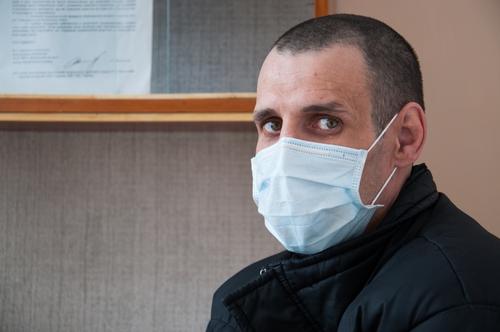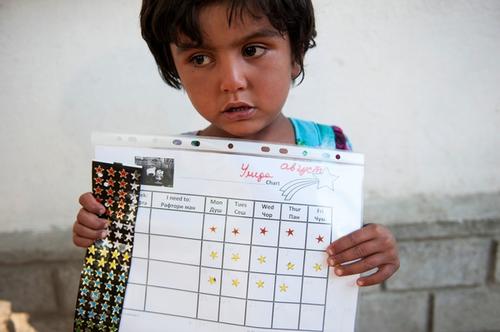The article "“I Can Also Serve as an Inspiration”: A Qualitative Study of the TB&Me Blogging Experience and Its Role in MDR-TB Treatment" is available on PLOS ONE.
A study published this week in PLOS ONE by Médecins Sans Frontières (MSF) highlights the potential for social media to support patients undergoing treatment for multidrug-resistant (MDR) and extensively drug-resistant (XDR) tuberculosis (TB). The qualitative research examined the experiences of patients and health staff involved in the ‘TB & ME’ collaborative blogging project for patients undergoing treatment for MDR and XDR TB around the world.
The current treatment for MDR-TB can take up to 2 years and has a low cure rate in part due to its dreadful side-effects, including deafness, that make adherence to the drugs challenging.
Support for adherence to treatment remains a critical element to cure. Participants in the MSF study reported that blogging was seen to help patients to continue with their treatment. The online audience led to bloggers feeling encouraged by their followers, wanting to set a positive example for others and provided a distraction from the long and difficult treatment. No negative outcomes from taking part in the blogging project were mentioned by those involved in the study.
“Whilst I was undergoing treatment, the support from the blog was overwhelming”, said Phumeza Tsilie, TB & ME blogger and XDR-TB survivor. “It was a rollercoaster ride for me, there was always the chance that the drugs would stop working, but the blog readers were always supportive. On one of my blogs, a reader wrote me a poem. This meant a lot”
The blog is open to any MDR-TB patients that wish to participate. This global connection with other TB sufferers through blogging led to solidarity through shared experience, support and was said to reduce patients’ feelings of isolation.
“I decided to write and share my story in the hope that I would be able to inspire more patients who are also suffering from the disease to continue and finish their treatment. I want to let them know that there is still hope and life even if you acquire MDR / XDR-TB” said Mildred Fernando-Pancho, TB & ME blogger and XDR-TB survivor.
The blog was also perceived to be beneficial to health practitioners, who felt a greater level of connection and understanding with the patients through reading their blogs.
“The insight I gained through reading the patients’ blogs gave me a connection to the patient that never could have been achieved in our consultations”, said Charles Ssonko, MSF TB Doctor. “Time constraints and the anxiety of the doctor’s presence do not usually allow for these open and honest expressions of feelings”.
Blogging was also seen as a stage for story telling – a story that could be shared without reprisal or fear of judgment. The nature of the audience leant itself to positive rather than negative reaction which meant bloggers felt free to express themselves. Blogging was also a portal to voice their opinion, thoughts and feelings about the disease and treatment
The results from this research are encouraging. MSF hopes to see more TB patients engage with blogging as this research suggests that social media can play a beneficial role in patient care.






